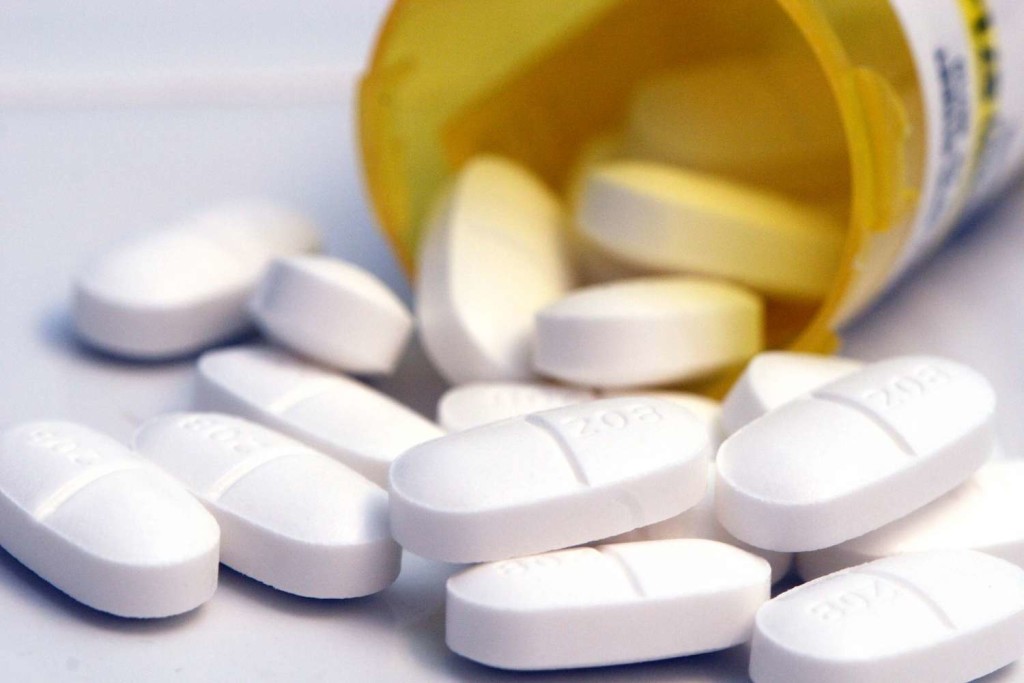
The fact that doping has become a big problem for elite sport is no secret. But what most people are less clear on, is what is classed as a doping drug. It may surprise you to learn that some everyday consumed and purchased over-the-counter goods are actually illegal in the world of sport. For example, Neurofen Cold and Flu tablets contain pseudoephedrine; ephedrine is a stimulant which is strictly prohibited from professional sports.
This means that if an athlete has a few of these tablets the day before an event because he / she’s feeling rough, they could see themselves being banned from the sport.
Too often when the word drug is used, the immediate thought is some form of A-Class substance, when in fact, it is actually very easy to become accidentally banned from the sport you love.
MR looks at the doping classes and shows how some are easily accessible in everyday life. Could you be classed as a drug cheat?
Stimulants
Stimulants are designed to make you feel more alert and less tired! Sound like something you might consume daily? Yes, caffeine!
However, caffeine is currently not on WADA’s (World Anti-Doping Agency) prohibited list, but the Agency is still monitoring its use. So for the time being feel free to sip away, but just not in excess.
As mentioned earlier, pseudoephedrine – which is found in many cough and cold products – is banned. It’s always worth checking the labels.
Another example is nose clearing medicine, such as Vicks. It contains Levmetamfetamine, another substance that is prohibited. Winter Olympic athlete Alan Baxter’s bronze medal was rescinded after he used Vicks prior to competition.
Anabolic steroids
Steroids are designed for you to train harder and push yourself further.
This is probably the most well known drug associated with sport cheats. Ben Johnson, the Canadian sprinter an example of this. However, what you might not know is that it’s found in more medicine than you realise.
Inhalers. Many asthma sufferers will tell you they use a blue and brown inhaler. The brown inhaler contains a form of steroid, which is of course banned.
This is one of the counts which is being levelled against Alberto Salazar, who has alleged to claim some of his athletes are asthmatic.
Recently our very own digital writer Tom Bristow recalled using a nasal spray which again had steroids as an ingredient. If in doubt, check with your GP.
Diuretics
This drug will remove fluid from the body, it has also been used before in the past to hide the use of other drugs.
As you can imagine, this has been a fairly popular drug in the world of boxing as many a fighter will do anything they can to make the weight.
Everyday water retention treatment tablets, available from Boots for example, are a form of diuretic that is again prohibited.
If you have been on a long plane journey and feel bloated and swollen, many of us take tablets such as these. Just make sure it’s not before a competition!
Narcotic analgesics
A complicated name for a very popular and easy to get hold of product. It is essentially aspirin and ibuprofen. However these are not found on the prohibited list.
Other than then that, narcotics are quite hard to come by in everyday life. Two of the most common forms of narcotics are morphine and heroin, again two substances which aren’t easily accessible.
Peptide and hormones
Erythropoietin give you more energy and Human Growth Hormones build more muscle.
A form of this is Salbutamol, again found in inhalers.
Another, is testosterone. As previously discussed, Salazar has recently faced fresh claims that he carried testosterone gel, and even gave Rupp it when he was as young as 16.
Other than inhalers, many bodybuilding websites actually sell testosterone and human growth hormone boosting supplements. These of course are strictly forbidden to the professional athlete.
If you are competing at professional or even amateur level and are concerned by what medicines you may be taking, you should seek advice from your local GP immediately.
You can also check WADA’s prohibited list, which can be found here.






